I can’t imagine the unbearable grief that a parent goes through after the death of their child or even how helpless a parent must feel when their son or daughter is diagnosed with an incurable disease. I have often said how grateful I am that it was me who battled brain cancer and not my son. But I’m also fortunate because, unlike Holly Richard’s son, my brain cancer is/was slow-growing.
Holly’s son, Derek, was diagnosed with Glioblastoma Multiforme (GBM) one of the most aggressive forms of brain cancer, and she bravely documented what her family experienced during the 126 days from diagnosis to his passing in her memoir, “One Hundred and Twenty-Six Days, The Unthinkable Journey”
Holly said, “Derek never backed down from anything, including GBM. Despite the brain surgeries, radiation, etc. he fought it head-on like the sky soldier he was, steadfast and mighty.” She added, “Derek served nine years in the Army, 82nd Airborne. He traveled to 25 countries in less than three years, was a self-taught musician, and even DJ’d in Croatia. He lived life to the fullest every day and loved his family immensely.”
Welcome Holly. Thank you for sharing your story. How would you summarize your memoir?
It is a deeply emotional, nonfiction story about how life can radically change in the blink of an eye. It describes how my son and family were ambushed and violently hurled onto the brain cancer battlefield. I share how precious my son was, how awful brain tumors are, raising awareness in hopes of a cure, and about grief and how it gets no respect in our society.
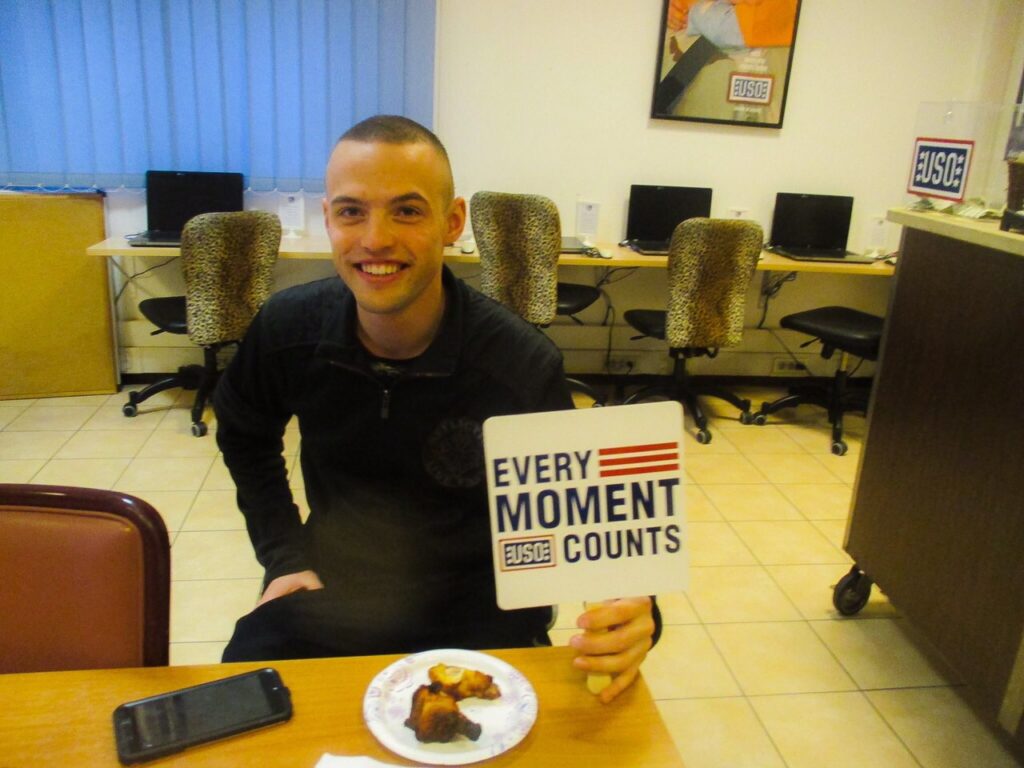
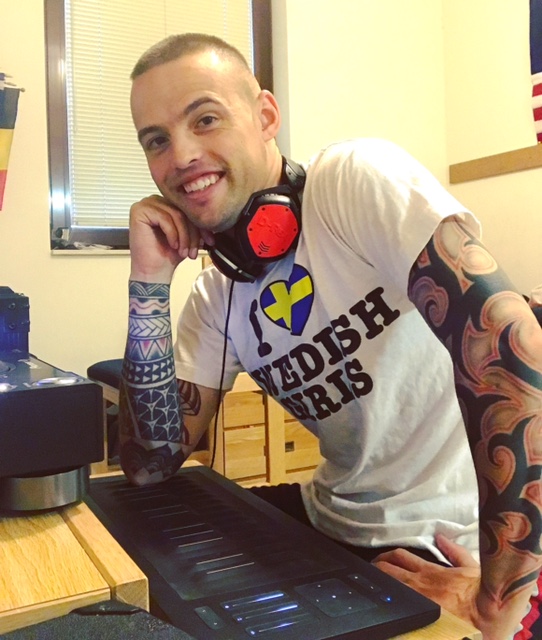
Can you please speak to Derek’s diagnosis?
My son’s symptoms came out of nowhere. Between the hospitalization, the spreading of the painful tumors down his spine, being paralyzed from several surgeries, and the radiation that followed, he never left the hospital until there was nothing else to do and there I was, taking my son to hospice in the back of an ambulance where he passed away seven days later. It was 126 days from diagnosis to death.
What inspired you to document and share your story?
My son inspired me to write this story and my daughter Nicole who courageously fought right beside Derek, her only sibling. He was a Decorated Sky Soldier, Universe Explorer, Life Lover, amazing son, brother, and friend, and was taken way too soon. I was also determined to expose brain tumors and how ruthless and cruel they are in hopes of raising awareness and a call to action for more funding for brain tumor research that can produce clinical trials and treatments to give people and families impacted by this disease, hope. I also wrote the book for all the grieving hearts out there who lost a loved one so near and dear to them.
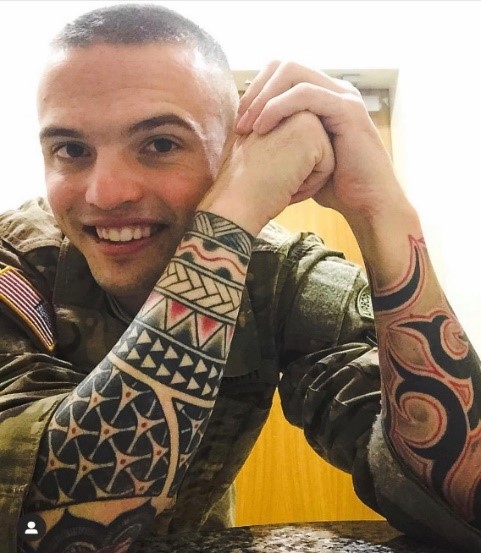
What was the biggest challenge you had to overcome?
After Derek died, it felt like I had died. I had no idea how I was ever going to survive a broken heart. Stepping down from my CEO position to focus on my grief and my family was the biggest challenge I had to overcome. I lost my identity as his mother and my professional career had to be put on hold. Taking care of myself was something I was never good at, I was always taking care of and supporting other people so turning the focus on me felt so foreign to me.
What motivated you to persevere?
A LOT of support groups, grief counseling, being with other people who understand my pain and loss, and putting my pain to purpose through advocacy work.
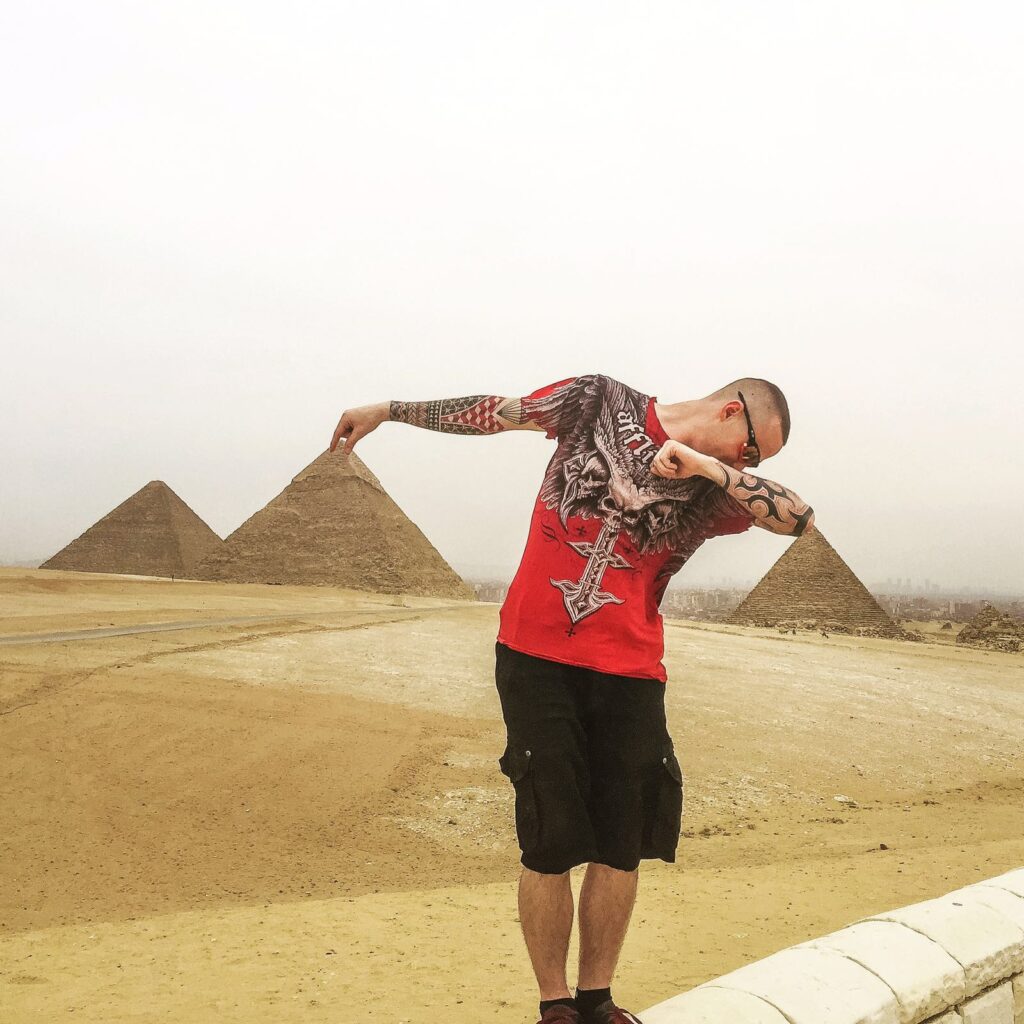
What are one or two messages you most hope readers will glean from your book?
I am hoping people who have read my book are now more aware that over the past several decades, the advancements for treatments for brain tumors has not changed/evolved as it has for many other cancers, and it motivates them to take action. To also know there are more resources for people newly diagnosed and to be sure they get to a hospital/treatment center that specializes in brain tumors, that is so important!
What did you learn during your journey?
I have learned that there is so much more work we need to do in this fight to cure brain tumors and there has to be a great push to increase funding so people can have access to clinical trials and treatments that give people hope and a quality of life.
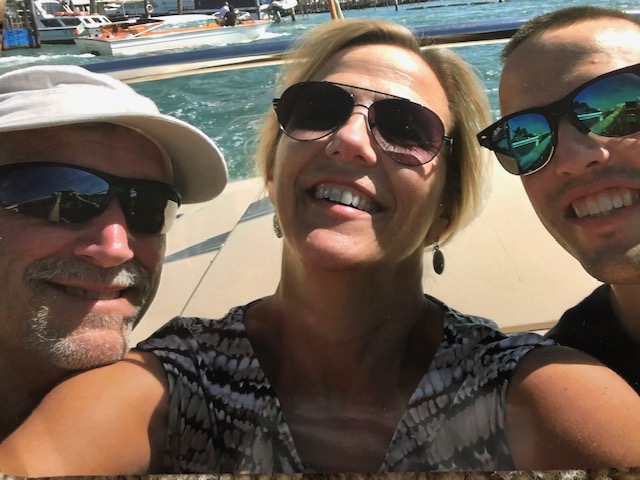
What else would you like readers to know?
There is hope. Great institutions like the Preston Robert Tisch Brain Tumor Center at Duke have many clinical trials out, and to be sure people newly diagnosed get themselves to a treatment center specializing in brain tumors. There is an app now “Roon” that can help navigate and other organizations that have navigators to help.
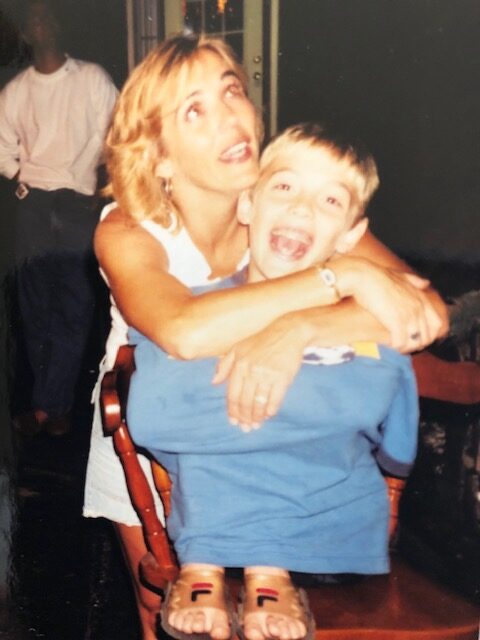
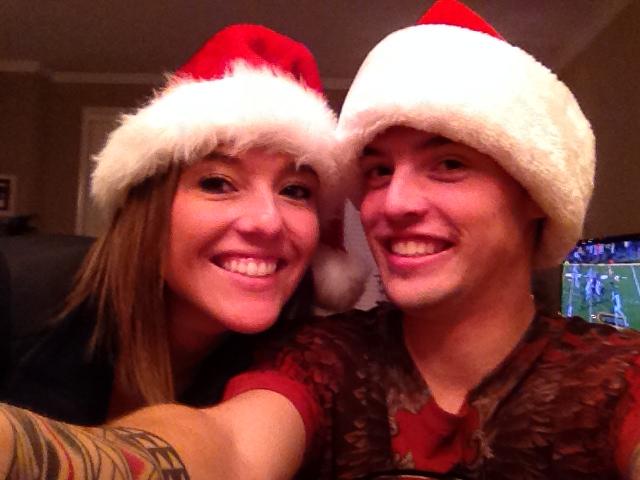
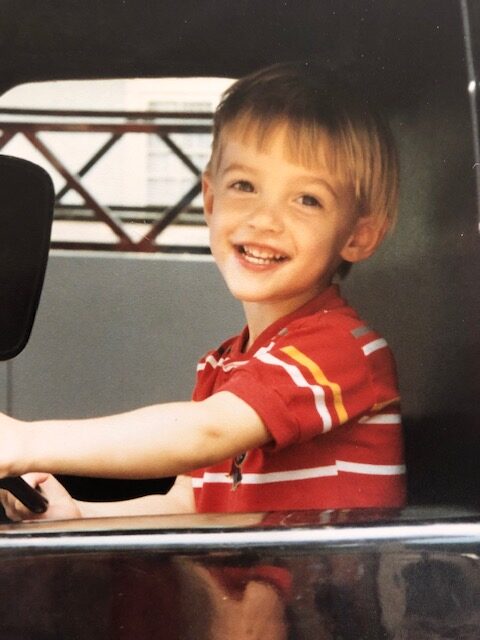
Is there anything else you would like to share?
Grief needs to be talked about more and acknowledged. We need to break the taboo of avoiding talking about grief. We also need to educate people on how they can support someone they know who has suffered from a tremendous loss, (what to say and not to say). Organizations need to look at how they are supporting their workforce when an employee experiences a death, (what do their bereavement policies look like, how can you support that employee better), I can go on and on!
Where can people find your book and where can they follow what you’re doing?
My book is available on Amazon:
https://www.amazon.com/One-Hundred-Twenty-Six-Days-Unthinkable/dp/B0C6WHV48X/
YouTube Channel:
https://m.youtube.com/channel/UCglp7pK7ykrwYYhOJMLwkSg
Facebook Page:
https://www.facebook.com/drexdefenders
Please join our D-Rex Defenders Team for Angels Among Us April 27, 2024:
http://dccc.convio.net/goto/D-RexDefenders
I am very sorry for your profound loss, Holly. On behalf of the brain tumor community, thank you for your time, your book, and the important advocacy work you are doing in memory of your son, Derek Ray Lemieux.
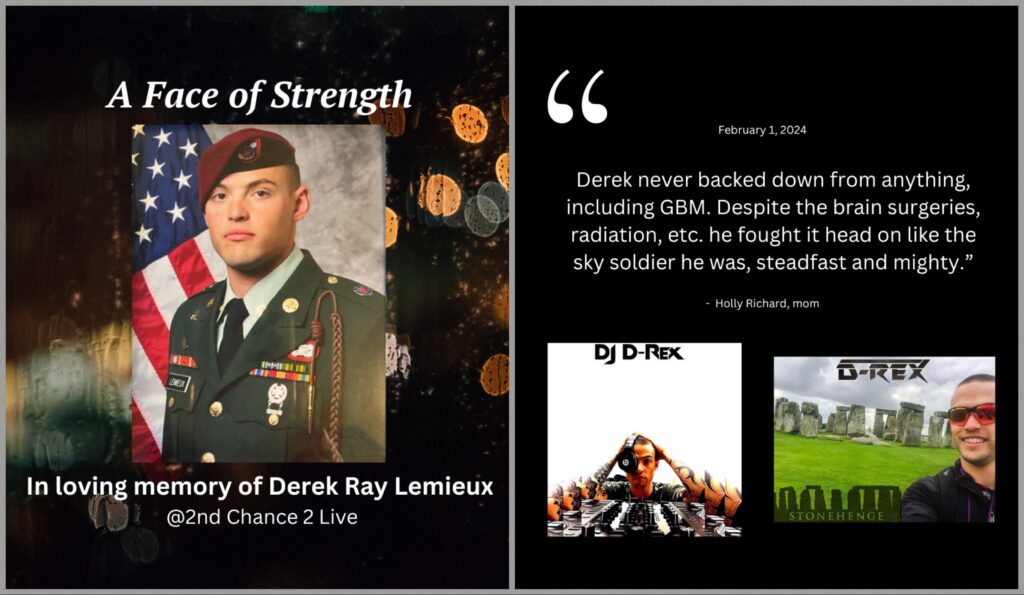
Note: The American Brain Tumor Association (ABTA) has a Brain Tumor Treatment Center Guide available on its website for anyone interested. The ABTA has also recently added a Featured Clinical Studies section. Additionally, the ABTA provides social and emotional support for patients and caregivers.

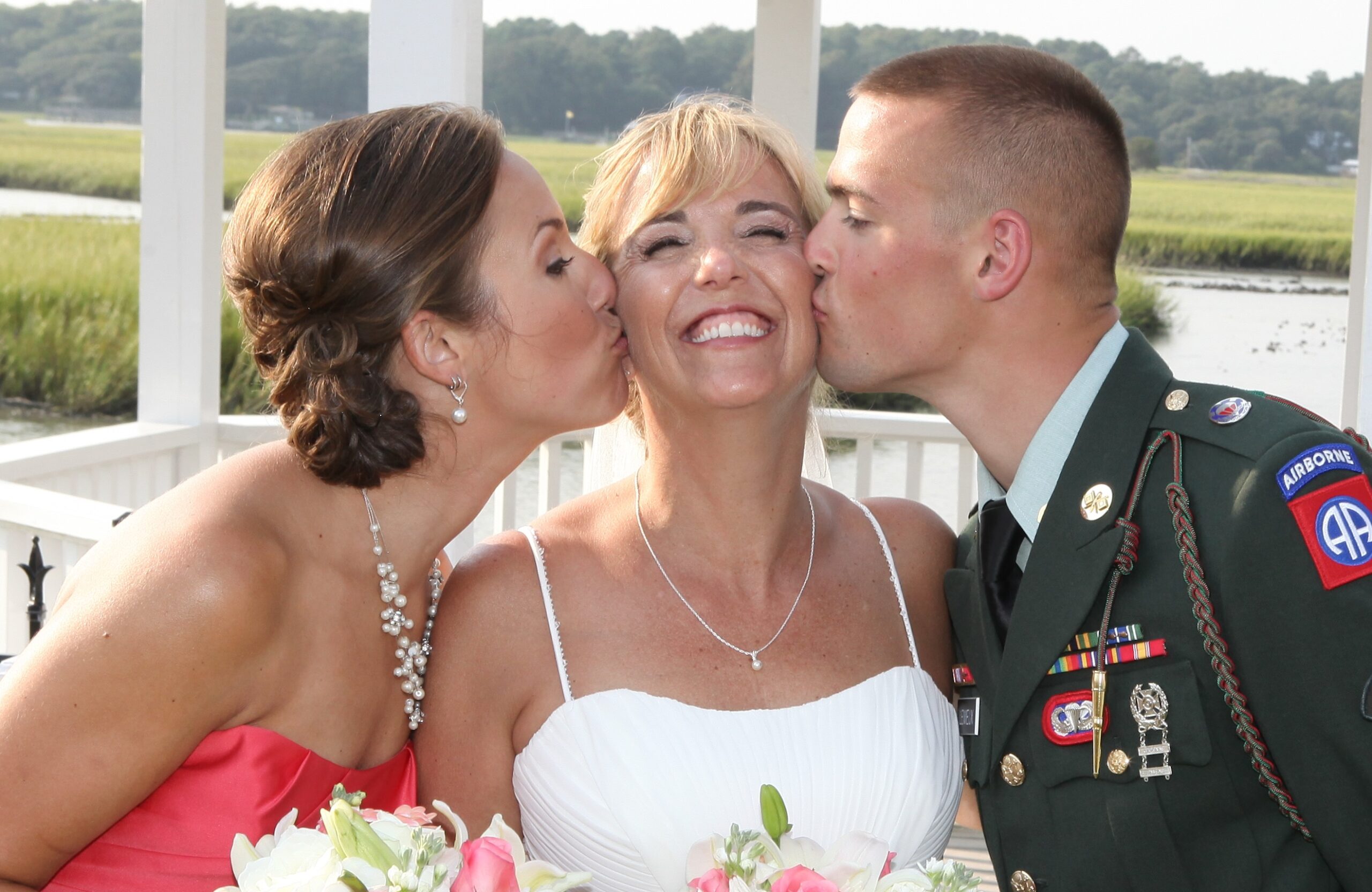
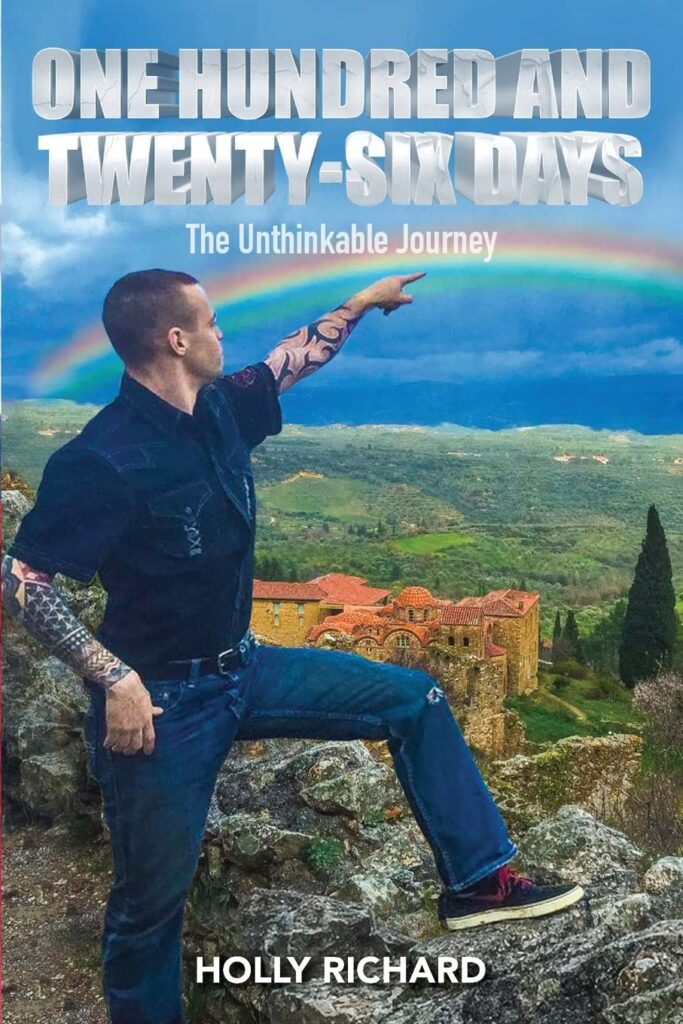
 Hello. My name is Wendy and I’m a recovering workaholic. I'm also a brain tumor/cancer survivor.
The purpose of this blog is to share my experiences, memories, resources, and self-discoveries as I continue to transform from a workaholic into a more balanced person. I have read several books and stories about others who have had similar experiences
Hello. My name is Wendy and I’m a recovering workaholic. I'm also a brain tumor/cancer survivor.
The purpose of this blog is to share my experiences, memories, resources, and self-discoveries as I continue to transform from a workaholic into a more balanced person. I have read several books and stories about others who have had similar experiences 